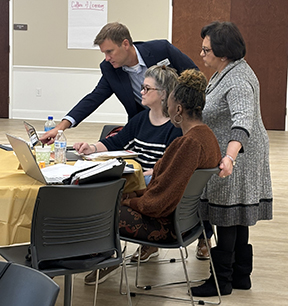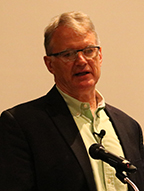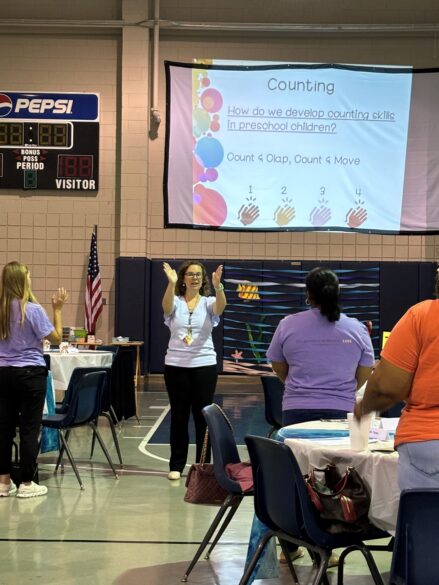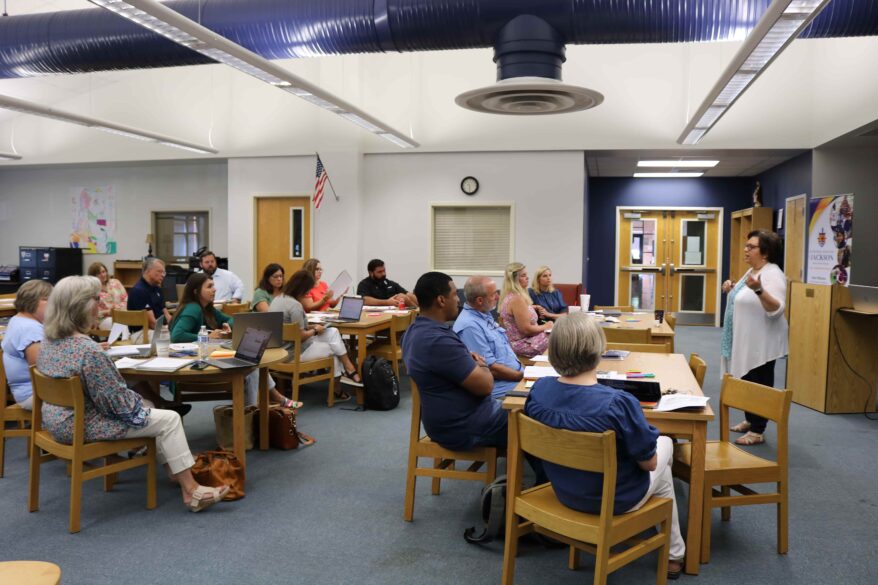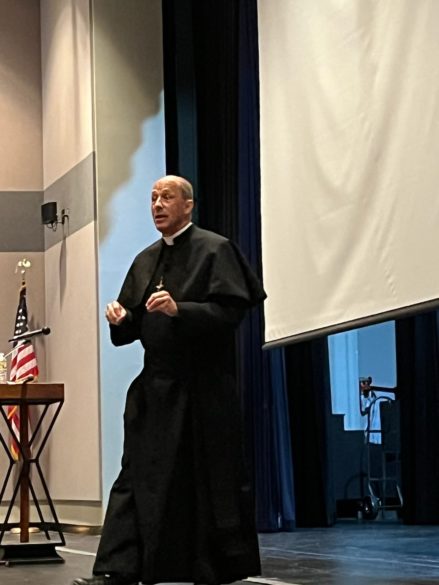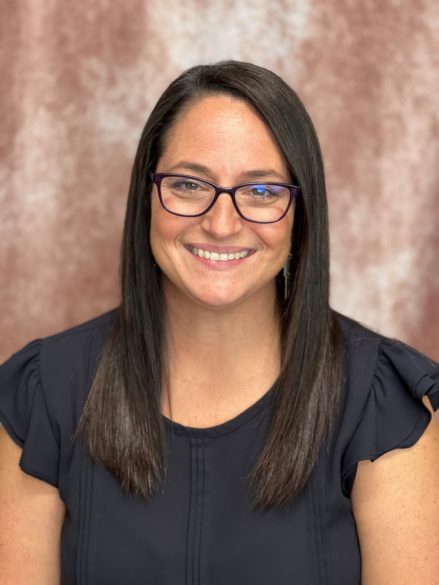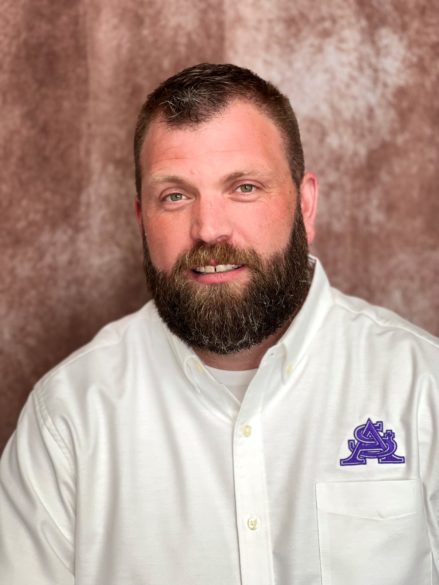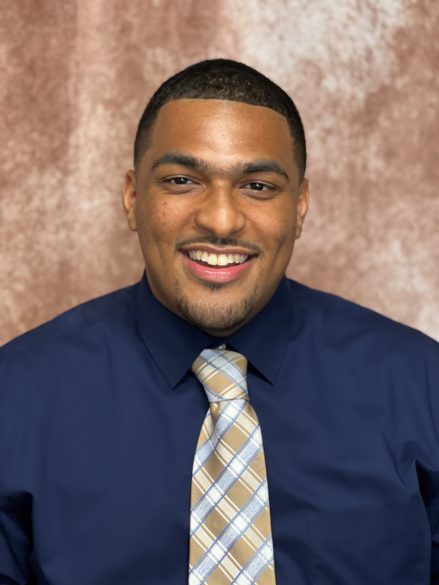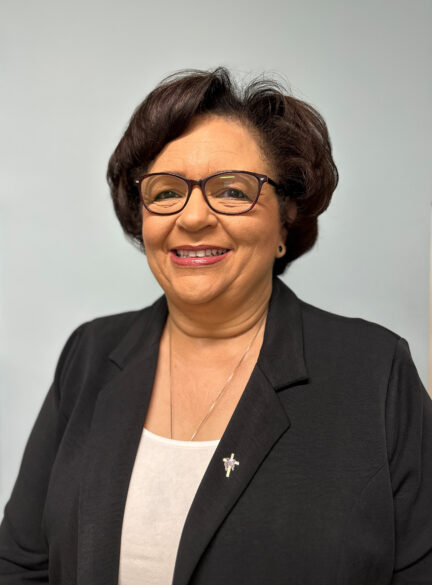
FAITH IN EDUCATION
By Karla Luke
For 31 years, my mother dedicated herself to shaping young minds as a second-grade teacher. Growing up, I never imagined I would follow a similar path – until I taught my first middle school class at St. Frances Cabrini Catholic School in New Orleans. From that moment, I discovered an unexpected and profound joy in working with students and seeing their growth and success. Their energy, curiosity and potential filled me with a sense of purpose and helped me to see God’s plan for my life. Since then, I’ve dedicated my career to Catholic education, cherishing the privilege of building meaningful relationships with young people.
It’s not enough to declare that young people are the future of the church; they are its present. As Catholic educators, we are tasked with nurturing in them a love for God, others and their faith. This week, I was reminded of this sacred duty with the announcement of an upcoming canonization that holds profound significance for our times – Blessed Carlo Acutis, the first millennial to be declared a saint, will be canonized on April 27, 2025 by Pope Francis.
The remarkable life of Blessed Carlo Acutis
Carlo Acutis, born in London in 1991 and raised in Milan, Italy, exemplifies the intersection of modernity and faith. From a young age, Carlo displayed a deep love for God, actively participating in his Catholic school, church and community as a catechist. Despite his ordinary academic performance and unassuming demeanor, Carlo left an extraordinary legacy of faith.
A technology enthusiast, gamer and music lover, Carlo used his passion for computers to create websites that cataloged Eucharistic miracles, bringing the beauty of faith to the digital age. At just 15 years old, he was diagnosed with leukemia, facing his illness with profound faith, declaring, “I offer all the suffering I will have to suffer for the Lord, for the Pope, and the church.” Carlo died in 2006, and his cause for canonization began in 2012.
Today, Carlo is enshrined in his tomb wearing Nikes and jeans – a modern saint for a modern world. His life is a powerful reminder of what is possible when young people are formed in their faith.
A model for today’s Catholic educators
In Carlo, we see a reflection of the “Carlos and Carlas” present in our schools today – children with limitless potential for spiritual and moral development. Pope Francis calls Carlo “a model of holiness in the digital age.” His life challenges parents, teachers, administrators, religious and clergy to ask: How are we fostering the growth of faith in our young people?
The Archbishop of Assisi highlighted Carlo’s unique ability to evangelize in modern times, saying, “The computer … has become a way of going through the streets of the world, like the first disciples of Jesus, to bring to hearts and homes the announcement of true peace.”
The responsibility of Catholic adults
As adults in the Catholic faith, we bear both the responsibility and accountability to accompany our young people – the “young church” – on their path to holiness. Catholic schools play a vital role in this mission, partnering with parents to cultivate the spiritual, moral and intellectual development of students. Blessed Carlo Acutis offers us a roadmap for this journey.
Carlo once said, “To always be close to Jesus, that’s my life plan.” Let us help our children adopt this vision, supporting them in their faith through our schools, churches and homes. Together, we can prepare the next generation to live with faith, purpose and holiness in a world that desperately needs their light.
As we await Carlo’s canonization, let us reflect on the lives of the young people around us and recommit to nurturing their spiritual growth. In their potential lies not just the future of the church but its vibrant, faithful present.
For additional information on the extraordinary life of Blessed Carlo Acutis visit: https://bit.ly/3V8np4Q.
(Karla Luke is the executive director of Catholic Schools for the Diocese of Jackson)

